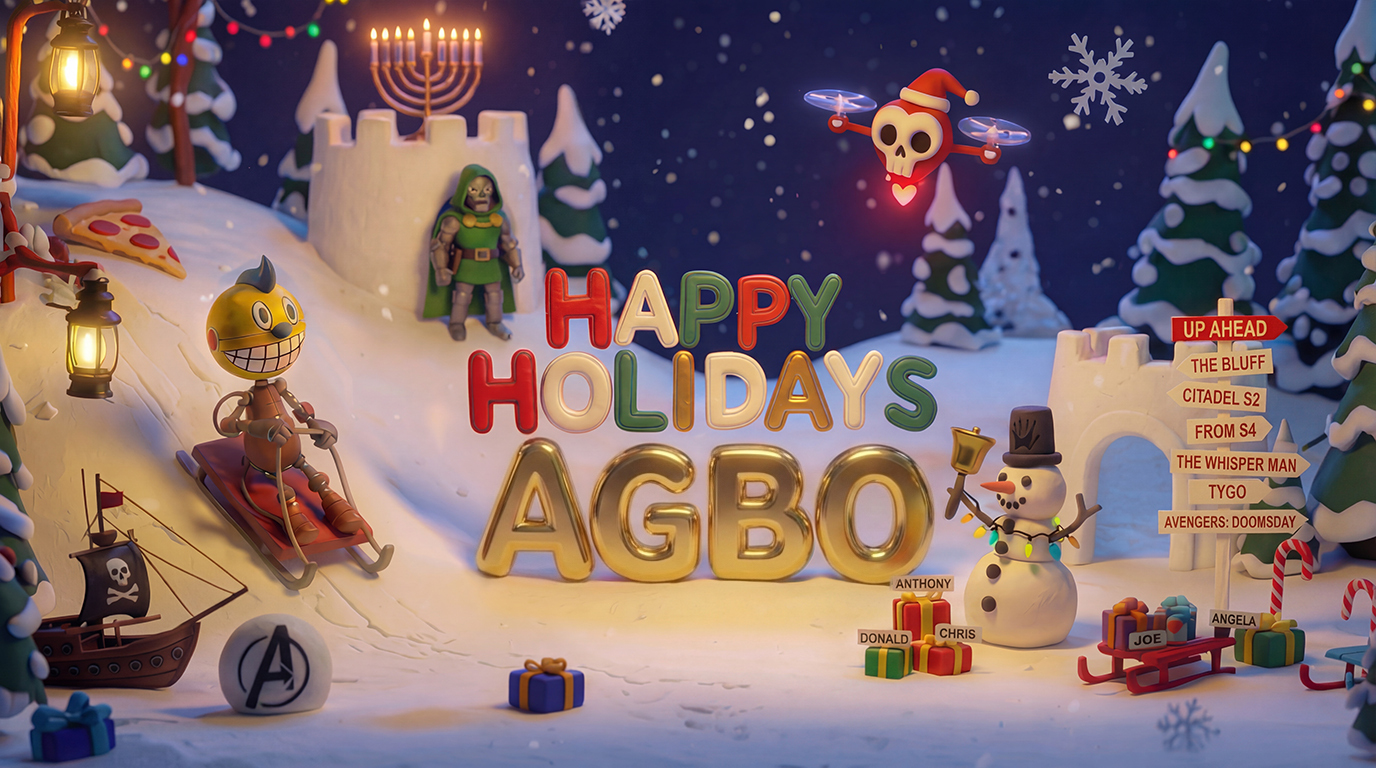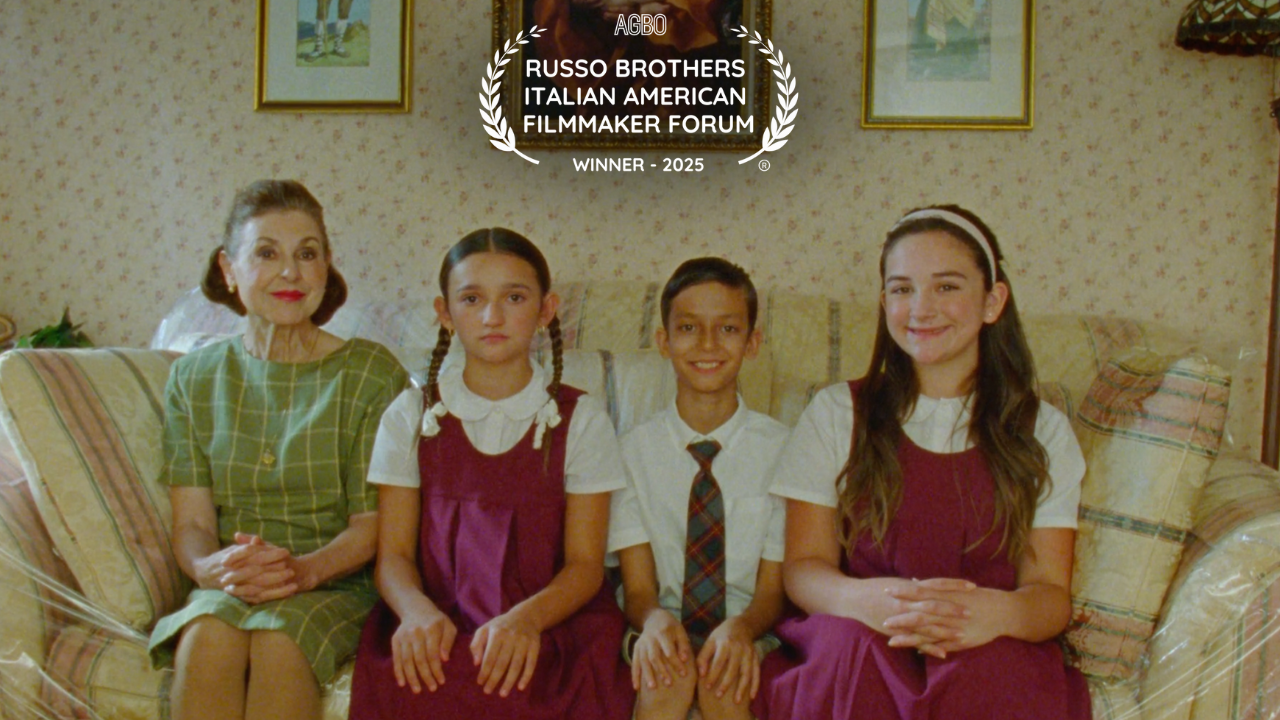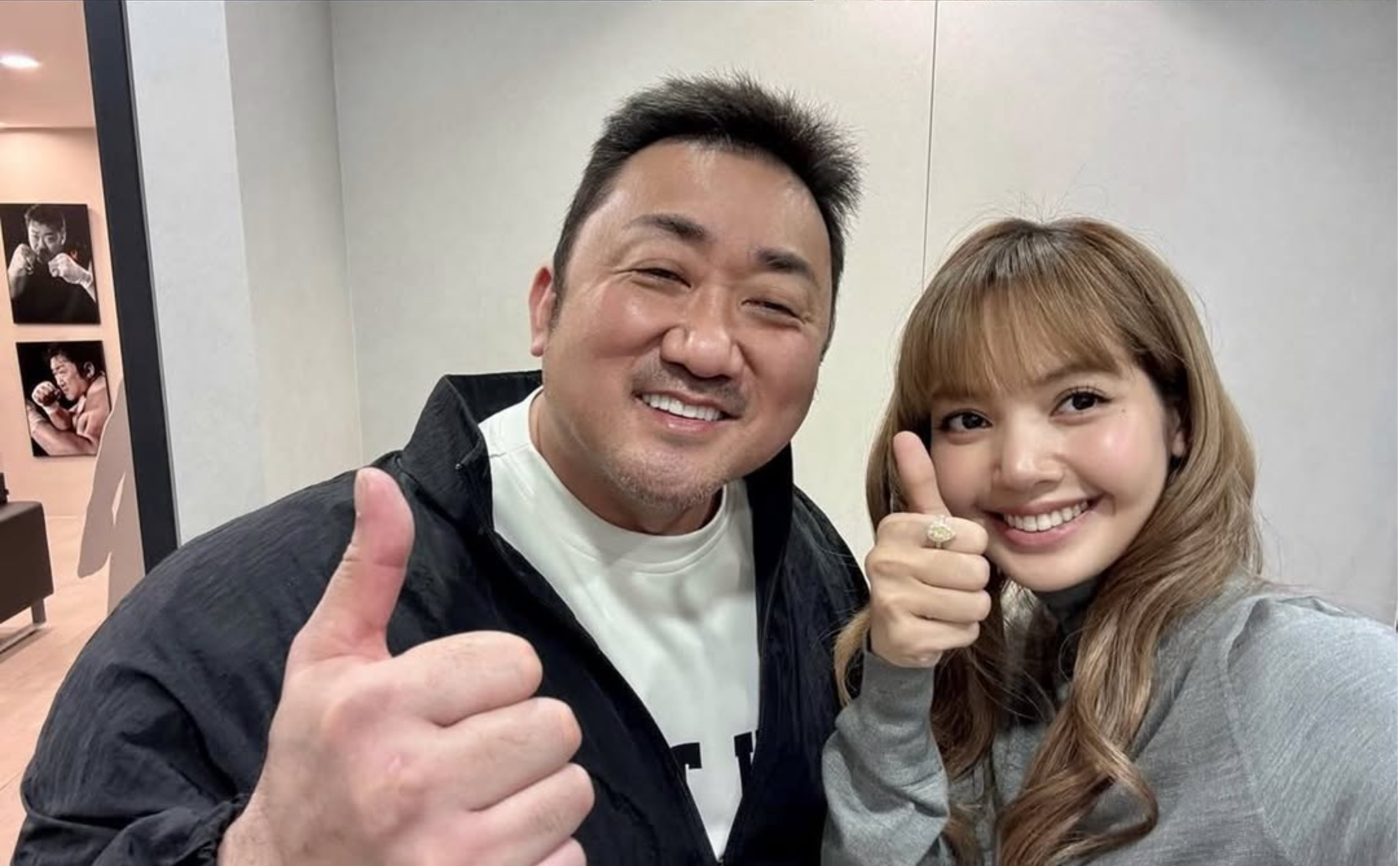🍕🎥Pizza Film School S2 recap: 5 feature documentary pro-tips from R.J. Cutler

Byline: AGBO Staff
In Billie Eilish: The World’s a Little Blurry, legendary director R.J. Cutler takes viewers on a rich, emotional exploration of the ambivalence that often comes with fame, and presents a highly personal, loving, and complex family portrait—as it unfolds in real time. It’s not the least bit surprising that Cutler’s story architecture and visuals make the film a standout, considering his impressive filmography—including non-fiction and narrative titles like The September Issue, Belushi, If I Stay, The World According to Dick Cheney, and The War Room, among others.
As part of Pizza Film School Season Two, AGBO’s Anthony and Joe Russo sat down with Cutler for a detailed discussion about the process behind Billie Eilish: The World’s a Little Blurry. Their chat, which takes place over a slice or two from Prime Pizza, uncovers the best process tips for when you’re ready to turn your passion project, memoir, investigative report, or experimental concept into a feature-length documentary.
And, if feature documentaries aren’t your usual stride, don’t be afraid to dive into the genre and explore non-fiction storytelling. The Russo brothers themselves, who have worked in both TV and film across everything from comedy to drama to action, always suggest stretching your imagination and skills by working on projects that are different from what you’re used to.
“When you do that [...] you’re moving in a way that no one else can. It all has value in very different ways,” Joe Russo said in a previous episode of Pizza Film School.
Here are 5 amazing insights from R.J. Culter on the art of documentary filmmaking.
Watch all the episodes of Pizza Film School Season 2 here.
When deciding to tell a story that inspires you, follow “the puck.”
When I was in college, Wayne Gretzky was at the height of his powers, and an interviewer asked him, “What’s your secret, how do you do what you do?” And Gretzky said, “It’s quite simple: I just followed the puck.” And it’s like everybody else playing hockey is trying to get the puck to do what they want it to do, but Gretzky knows better. He lets the puck take him to the goal. And that’s the same [in filmmaking]. I saw Billie [Eilish], [and ] I just wanted to follow the puck. I wanted to see where her life was going to go. I wanted to see what journey she was going to be on.
Your point of view is what makes a story unique.
All the layers [that] I connect to what I’m seeing and witnessing is what makes [a film] unique to me. I identify themes, and I have a sense of where the story might be going. If you see something else, you recognize it as a surprise and you’re on your toes in that way. Every director makes films in a different way. Some documentary filmmakers are going into a situation saying, “Here’s what I want.” I don’t, I come in and I’m there to see. And I’m [not] there to fade into the woodwork or to be a fly on the wall, which are two metaphors that I pass on.
No matter what story you’re telling, be present for it.
I try not to want anything but to be in the moment. This is an extremely zen experience. People have said to me, “If Billy and Finn hadn’t won 11 Grammys, would you have had a film?” I’ve done films about winning. I’ve done films about losing. And none of it matters to me. I’m just trying to be in the moment as much as possible. And I’m trying to see as clearly as possible. I feel like these films are a combination of what I witness and what I experience while I’m witnessing it. And that’s why if you guys were filming the same exact circumstances that I filmed, our movies would be completely different: Because you and I are completely different.
The most important thing is to develop mutual trust with your subject.
You’re with the subject for a year at least. You’ve been thoughtful and you’ve left 10 minutes early every day for a year. You’ve told their story for a year. [And then, they’ll say], “There’s some shit I’ve never even mentioned to you. You gotta see this stuff. You gotta come look at the wall in my bedroom. Come look at the notebook that I haven’t shared with you.” It becomes [the subject’s] filmmaking once they have that kind of moment, and it happens in every film— if you’ve done your job right—where the dynamic shifts in a really exciting way. And there’s an extra level of investment from the subject. It always happens towards the end.
When capturing footage, go with your gut.
Billie was touring Europe, and we knew we’d spend three, four days with her, we filmed in England and Spain. You’re feeling your way through it. It’s really instinctual. You certainly look for high-stakes events for the subject to be doing something that matters more than the fact that you’re filming them. And certainly, being on tour matters more than the fact that we’re filming Billie.But there were other things going on in her life, and we did our best to capture them. We wanted to spend a certain amount of time at [the] home. In the house, you’re really [not] just filming, you’re following. It’s following the puck. It’s just figuring out the shape of [the story]. You [also] want to take a break every once in a while. You want Billie and her family to miss you.
To find inspiration and get great footage, all you need is an iPhone in your pocket.
This here’s my best friend: It's called an iPhone. It gets me through incredible circumstances. Sometimes it gets me to see things that I didn’t even know were happening. Sometimes, Billie's holding an [iPhone] and she’s making a film. And you see her in the backyard with her parents [and] I’m not even around. And a week or two later, she says, “Oh, check this out. Look what I made for the director.” Or maybe it’s four months later, [finding] this thing. And I'm like, “You're a genius,” and now I have the footage.
Be nimble to get the best moments.
You gotta really have a guerilla filmmaking sensibility. We were not allowed to film backstage at the Grammys, [since] the Grammys belong to CBS and they don’t let cameras. But you’re allowed to be Billie’s friend who has an iPhone. So that when Billie won, and Justin Bieber called her on the phone, the climactic emotional moment of the film, Jenna [the DP] was right there with her iPhone filming it. And that footage is beautiful. You don’t look at that footage and think that she’s shooting it on compromised equipment. You’re in the moment with Billie. You’re thinking, “Justin Bieber called you.This is incredible.” So the equipment that film school used to provide for you at great costs is now accessible to you. You have editing equipment on your laptop. You do not need film school to get access to that equipment. What you need to do is go out and make movies. And if your taste is for documentary, [that’s] even better because you don’t need actors or costumes or sets.
Go look at the world and find a story that inspires you.
Want to hear more first-hand advice from filmmakers? Make sure to catch up on previous PFS episodes here, and don’t forget to subscribe to our newsletter.
.jpg)
Hello from the Russo Brothers!
We make content for fans, and here on AGBOVERSE we are giving you an exclusive behind the scenes look at our content. Sign up now to make sure you don’t miss a thing!

.png)




.png)

.svg)

.svg)
.svg)